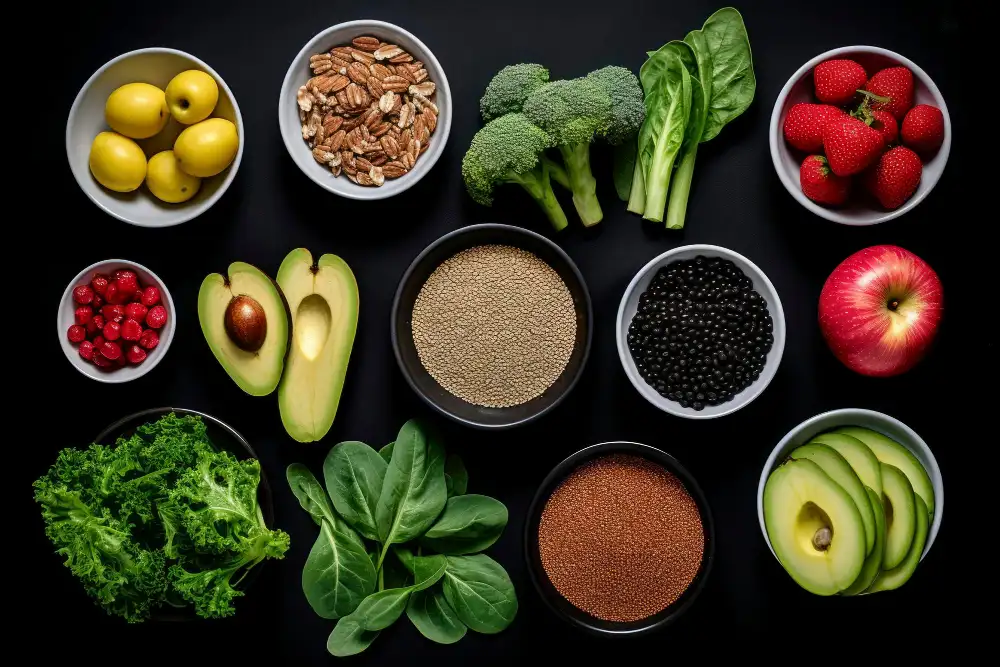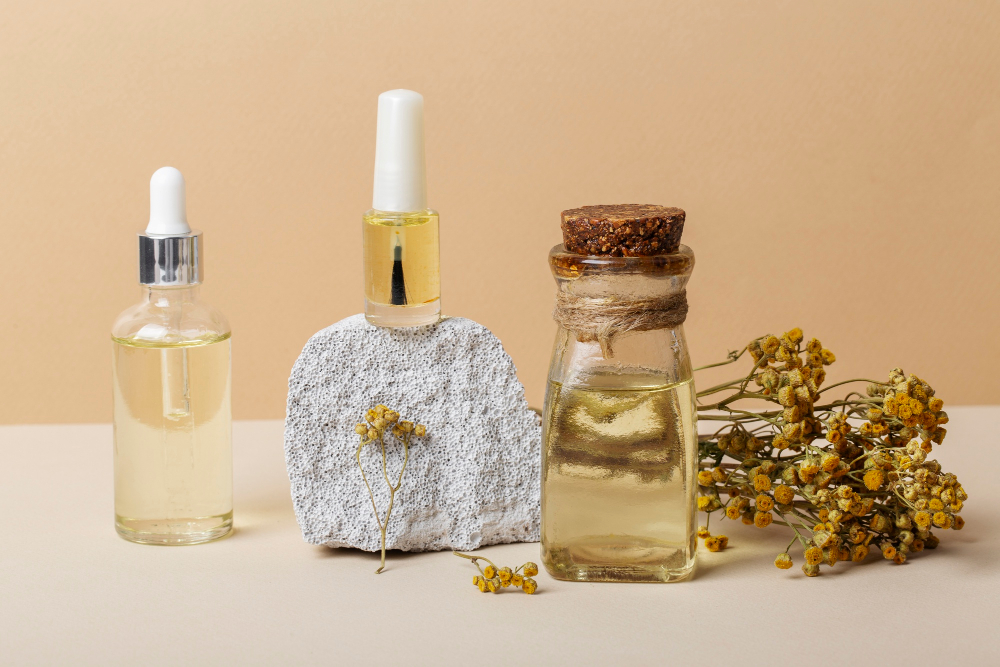Gout doesn’t just cause temporary discomfort; it can significantly impact quality of life. With its roots in high uric acid levels, the solution lies not only in medical interventions but also in natural strategies that complement treatments to promote overall wellness. This guide introduces holistic practices to empower you in your journey towards reducing uric acid levels naturally. For the fastest ways to relief gout symptoms, checkout our article on the fastest way to cure gout pain with holistic health practices.
The Importance of Hydration in Flushing Out Uric Acid
Hydration is paramount in the battle against gout. Beyond just drinking water, understanding the types of fluids that can aid in reducing uric acid levels is crucial. For instance, lemon-infused water acts as a natural detoxifier, enhancing the body’s ability to eliminate uric acid. Similarly, cucumber water can provide a refreshing twist while contributing to hydration and detoxification. Tips for staying hydrated include starting your day with a large glass of water, carrying a reusable water bottle, and incorporating hydrating foods like watermelon and cucumbers into your diet.
Dietary Changes for Uric Acid Reduction
A diet low in purines is essential for managing gout. Foods high in purines, such as red meat, seafood, and organ meats, should be limited, while consumption of fruits, vegetables, whole grains, and lean proteins should be increased. Incorporating foods rich in vitamin C, like oranges, strawberries, and bell peppers, can also help reduce uric acid levels. Detailed meal planning tips, such as creating a weekly menu and preparing meals in advance, can aid in making these dietary changes more manageable and sustainable.
Incorporating Alkalizing Foods and Drinks
Alkalizing the body’s pH can counteract the acidity of uric acid. Foods like spinach, kale, and other leafy greens, along with alkaline water, can help achieve a more balanced pH level. Recipes for smoothies that blend alkaline fruits and vegetables, such as a spinach and berry smoothie, can offer delicious ways to incorporate these foods into your daily routine.
Exercise and Weight Management
Regular, moderate exercise can lower uric acid levels and help maintain a healthy weight, reducing the risk of gout attacks. Activities such as swimming, cycling, and walking are excellent options that put minimal stress on the joints. Setting realistic exercise goals, like a daily 30-minute walk or joining a fitness class, can make integrating physical activity into your life more attainable.
Natural Supplements and Herbs
Supplements such as fish oil, which contains omega-3 fatty acids, and herbs like turmeric and ginger, can provide anti-inflammatory benefits. A daily regimen of cherry extract or celery seed extract may also help lower uric acid levels. It’s important to consult with a healthcare provider before starting any supplement to ensure it’s safe and appropriate for your specific health needs.
Stress Management Techniques
Stress can trigger gout flare-ups, making stress reduction techniques essential for management. Practices such as mindfulness meditation, progressive muscle relaxation, and deep breathing exercises can be incorporated into daily routines to help mitigate stress. Engaging in hobbies or activities that bring joy and relaxation, such as painting, gardening, or reading, can also play a significant role in reducing stress levels.
Learn more about some innovative home remedies for quick gout relief.
FAQ
- Q: Can natural remedies replace gout medication?
- A: While natural remedies can significantly support gout management, they should not replace medications prescribed by a healthcare provider, especially during acute attacks.
- Q: How long does it take for dietary changes to affect gout?
- A: Dietary changes can start to impact uric acid levels within a few weeks, but it’s important to maintain these changes for long-term benefits.
Summary & Conclusion
Managing gout goes beyond acute treatments, encompassing a holistic approach that includes hydration, dietary modifications, physical activity, and stress management. By embracing these natural strategies, you can enhance your body’s ability to flush out uric acid, reduce the frequency of gout attacks, and move towards a healthier, more balanced lifestyle. Remember, consistency is key to seeing the benefits of these changes, and working closely with your healthcare provider will ensure that your approach to managing gout is comprehensive and effective.







